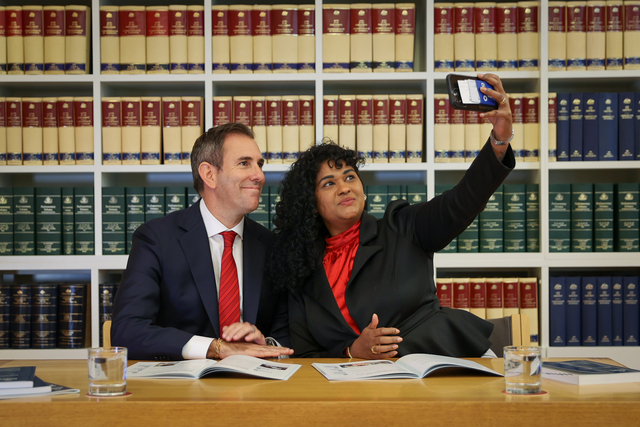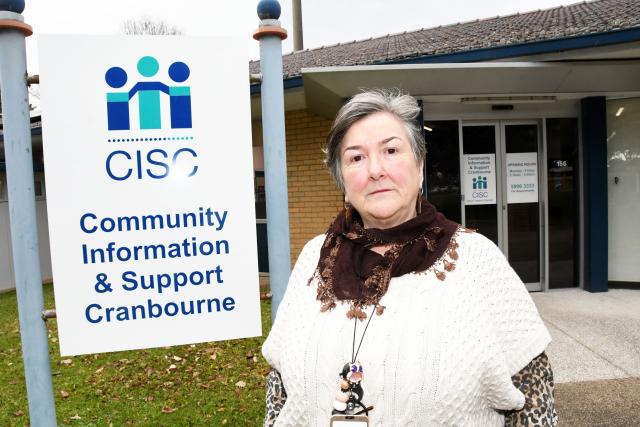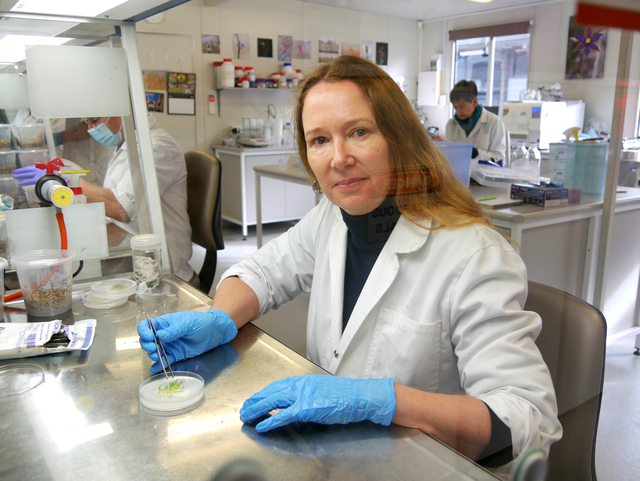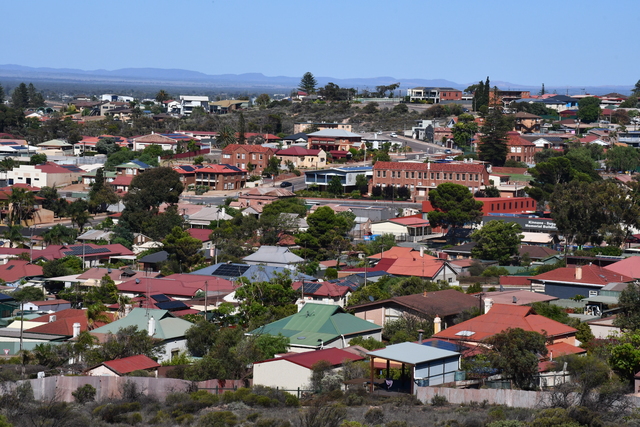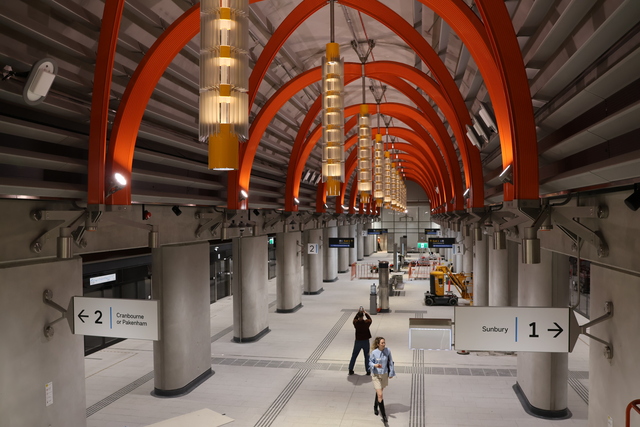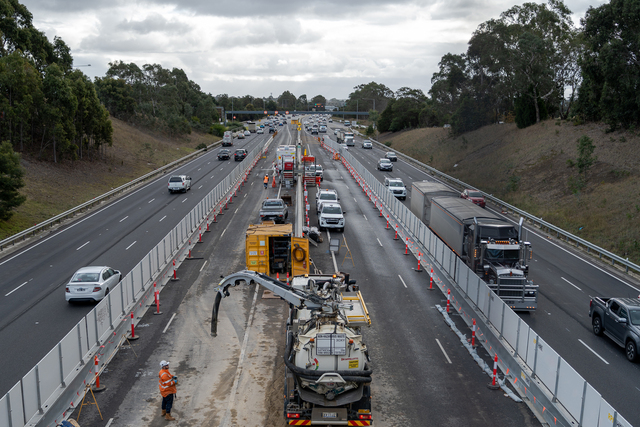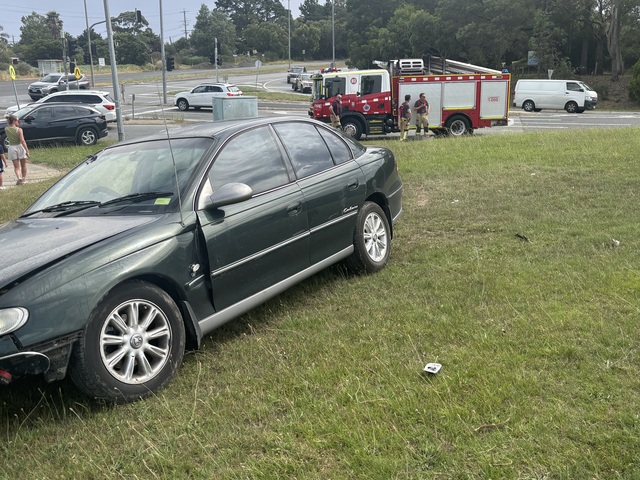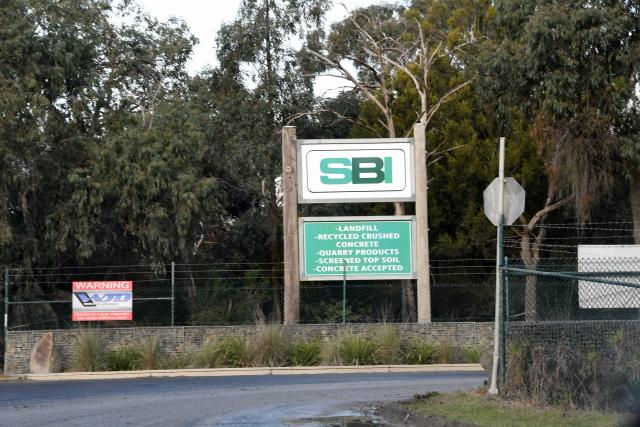As the 2024 Federal Budget prioritises measures to ease cost-of-living, Casey communities say they are insufficient and more targeted reliefs could be delivered to low-income households.
The budget includes a one-off $300 energy rebate for all households, $1.9 billion to increase the maximum rate of Commonwealth Rent Assistance by 10 per cent, and the revised stage-three tax cuts announced earlier this year.
The housing relief introduces an additional $1.9 billion in loans to help build 40,000 social and affordable homes, and an extra $423m funding over five years to help develop social housing and improve homelessness services with the state governments.
Holt MP Cassandra Fernando said the main priorities of the budget were helping with the cost of living, building more homes for Australians, investing in a Future Made in Australia, and strengthening Medicare and the care economy.
“I know families in Holt are doing it tough and that is why we have been working hard to support them,” she said.
“The tax cuts will save the average taxpayer in Holt $1321 dollars.”
Shari McPhail, general manager at South East homelessness service Wayss said the Federal Budget was not going to relieve entrenched poverty in the region.
“Everyone getting power-bill relief is not targeted enough. There has been no rise in JobSeeker,” she said.
“This does nothing to impact on long-term poverty or to help people who we see at our services.”
Community Information and Support Cranbourne (CISC) executive director Leanne Petrides noted most of the people who came to CISC for assistance cited cost of living pressures from rent or mortgage payments, cost of petrol, food, and energy bills as their primary reasons for not being able to make ends meet.
“The $300 energy rebate will barely be noticed by middle- and higher-income households. However, every dollar saved in a low-income household is precious. This rebate could have been improved by targeting it to low-income households only and increasing it,” she said.
Tax cuts would certainly have a positive impact on workers, but in the last financial year, just over 85 per cent of the people seeking assistance from CISC either had no income or had an income from Centrelink or another source, according to Ms Petrides.
“We would classify them as among the most vulnerable in our community – often paying more than 60 per cent of their income in housing costs. They will not benefit from any tax cuts,” she said.
“In addition, we have not seen any commitment to increase JobSeeker, which continues to fall well below the poverty line.”
The 2024 budget includes an extra $54.90 fortnightly for JobSeeker recipients with a working capacity of up to 14 hours a week but leaves out the increase on the general rate.
South East Community Links welcomed the budget initiatives but noted there was “more work to be done” on cost-of-living, the housing crisis, and gendered violence.
“Utility bills are a top issue for our local community members, and the $300 energy rebate is a much-needed relief,” chief executive Peter McNamara said.
“However, extending it to everyone regardless of their income is puzzling.“
He described the Commonwealth Rent Assistance rise of $9.40 a week for a single person at the maximum as “modest” and still leaving many in “deep housing stress”.
“Renters on JobSeeker or Youth Allowance will continue to spend half their income on rent alone,” he said.
The Leaving Violence Program’s $5,000 grant for family violence survivors was “helpful but does not address the long-term financial challenges women face especially those on JobSeeker“.
“Increasing the JobSeeker rate is essential for women’s economic security, as living in poverty makes it even harder to leave family violence situations.“
Liberal La Trobe MP Jason Wood hit out at the 2024-25 Federal Budget, describing it as a “big-spending, big-taxing con job“ with too few benefits for the South East.
“There’s not very much to do with the cost of living,“ he said.
Wellsprings for Women welcomed the federal budget’s measures intended to alleviate the cost of living and the increase of $1 billion in funding for the Housing Support Program.
“We welcome the funding of $1.1 billion over four years to pay superannuation on government-funded paid parental leave from July 2025,” chief executive officer Dalal Smiley said.
“We also welcome the government’s decision to allocate an additional role for our family violence case management as part of the 500 roles funded by the Commonwealth’s program for Women Leaving Violence.
“The downside of the budget is the lack of funding to continue work at grassroots level on primary prevention of violence against women, which is completely separate and different from the funding provided for helping women already impacted by family violence.”
A recent Council to Homeless Persons report shows Casey topped the state for growing numbers of the “working homeless” with 641 homeless clients who were employed in 2022-23, up 9 per cent from the year before.
The Rental Affordability Index also shows Casey rentals are at their most unaffordable since 2015 – severely so for pensioner couples.

